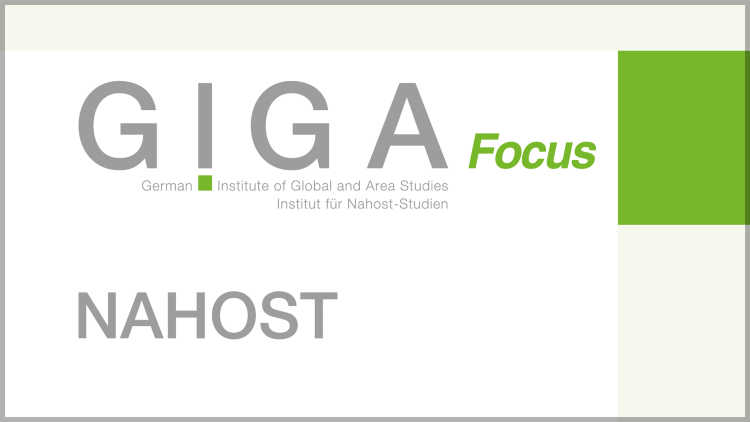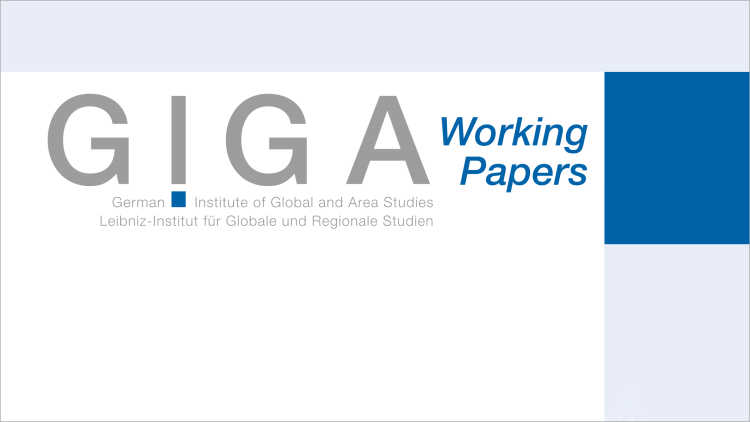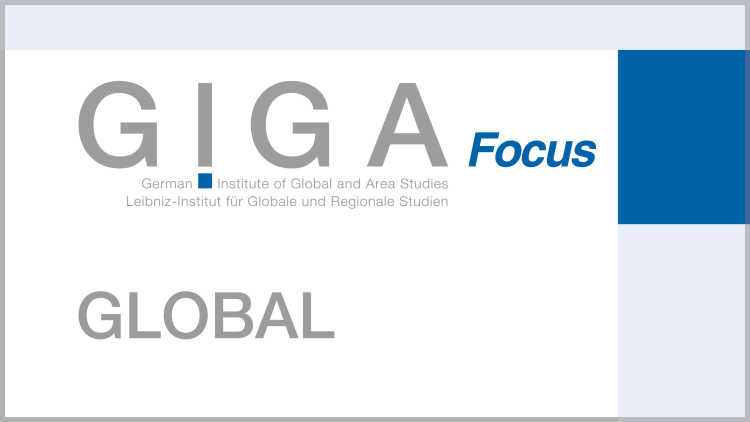- Home
- Publications
- GIGA Focus
- Saudi-Arabiens und Irans Regionalpolitik zwischen Ideologie und Pragmatismus
GIGA Focus Middle East
Saudi-Arabiens und Irans Regionalpolitik zwischen Ideologie und Pragmatismus
Number 1 | 2009 | ISSN: 1862-3611
Nach dem Sturz des irakischen Regimes 2003 und mit Bekanntwerden des iranischen Atomprogramms 2003 ist Iran als potenzielle atomare Führungsmacht in der Golfregion verstärkt in den Blickpunkt geraten. Verschiedene Sicherheitsbedrohungen wie nukleare Proliferation, Terrorismus und die Frage der US-Militärpräsenz am Golf haben in der Region die Frage nach der Notwendigkeit einer neuen Sicherheitsarchitektur aufgeworfen. Die Amtsübernahme des neuen US-Präsidenten Obama im Januar und die anstehenden Präsidentschaftswahlen in Iran im Juni 2009 eröffnen die Möglichkeit, das Kräftedreieck am Golf zwischen Iran, Saudi-Arabien und den USA neu zu gestalten.
Analyse Infolge des Regimewechsels in Irak 2003 zeichnet sich langfristig eine Transformation der Sicherheitsstrukturen am Golf ab, die durch die beiden Regionalmächte am Golf, Saudi-Arabien und Iran, mitbestimmt wird.
Saudi-Arabien und Iran konkurrieren um die Führung am Persischen Golf und zeigen dabei eine an nationalem Interesse orientierte Außenpolitik.
Gleichzeitig lässt sich sowohl auf saudischer wie auch auf iranischer Seite eine zunehmende Konfessionalisierung der regionalen Debatte um Sicherheit und nationale Interessen ausmachen, die vor allem für Iran einen neuen politischen Einflussgewinn bedeutet.
Sowohl Iran als auch Saudi-Arabien diversifizieren ihre ökonomischen und sicherheitspolitischen Beziehungen und bewirken dadurch eine sukzessive Transformation der von den USA entworfenen traditionellen Sicherheitsarchitektur am Golf.
Footnotes
Regional Institutes
Research Programmes
How to cite this article
Zeino-Mahmalat, Ellinor (2009), Saudi-Arabiens und Irans Regionalpolitik zwischen Ideologie und Pragmatismus, GIGA Focus Middle East, 1, Hamburg: German Institute for Global and Area Studies (GIGA), http://nbn-resolving.de/urn:nbn:de:0168-ssoar-277128
Imprint
The GIGA Focus is an Open Access publication and can be read on the Internet and downloaded free of charge at www.giga-hamburg.de/en/publications/giga-focus. According to the conditions of the Creative-Commons license Attribution-No Derivative Works 3.0, this publication may be freely duplicated, circulated, and made accessible to the public. The particular conditions include the correct indication of the initial publication as GIGA Focus and no changes in or abbreviation of texts.
The German Institute for Global and Area Studies (GIGA) – Leibniz-Institut für Globale und Regionale Studien in Hamburg publishes the Focus series on Africa, Asia, Latin America, the Middle East and global issues. The GIGA Focus is edited and published by the GIGA. The views and opinions expressed are solely those of the authors and do not necessarily reflect those of the institute. Authors alone are responsible for the content of their articles. GIGA and the authors cannot be held liable for any errors and omissions, or for any consequences arising from the use of the information provided.





